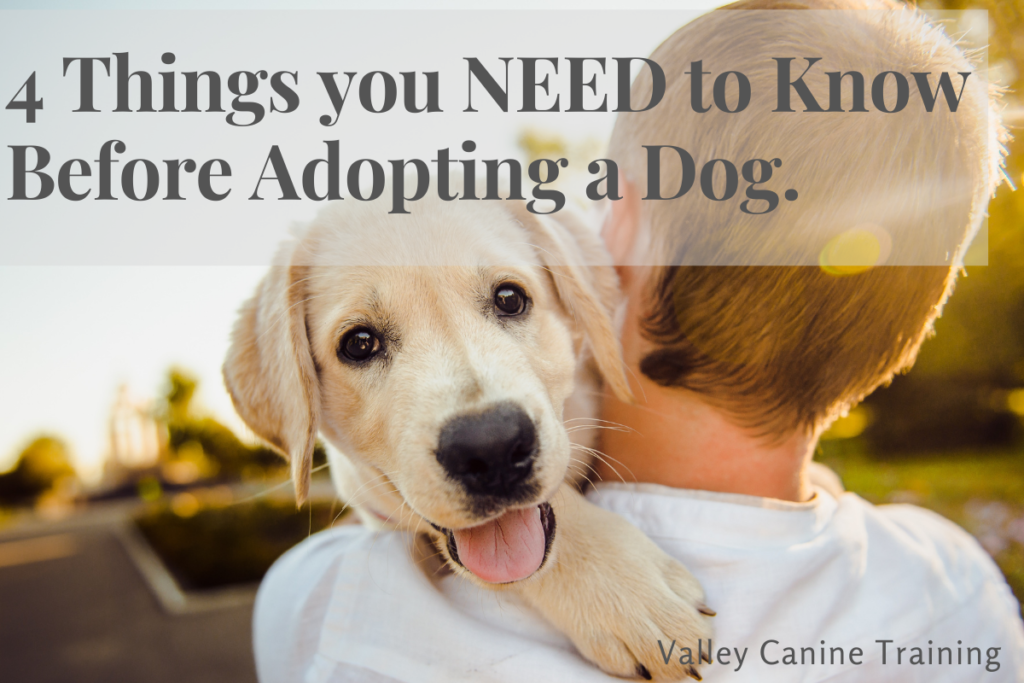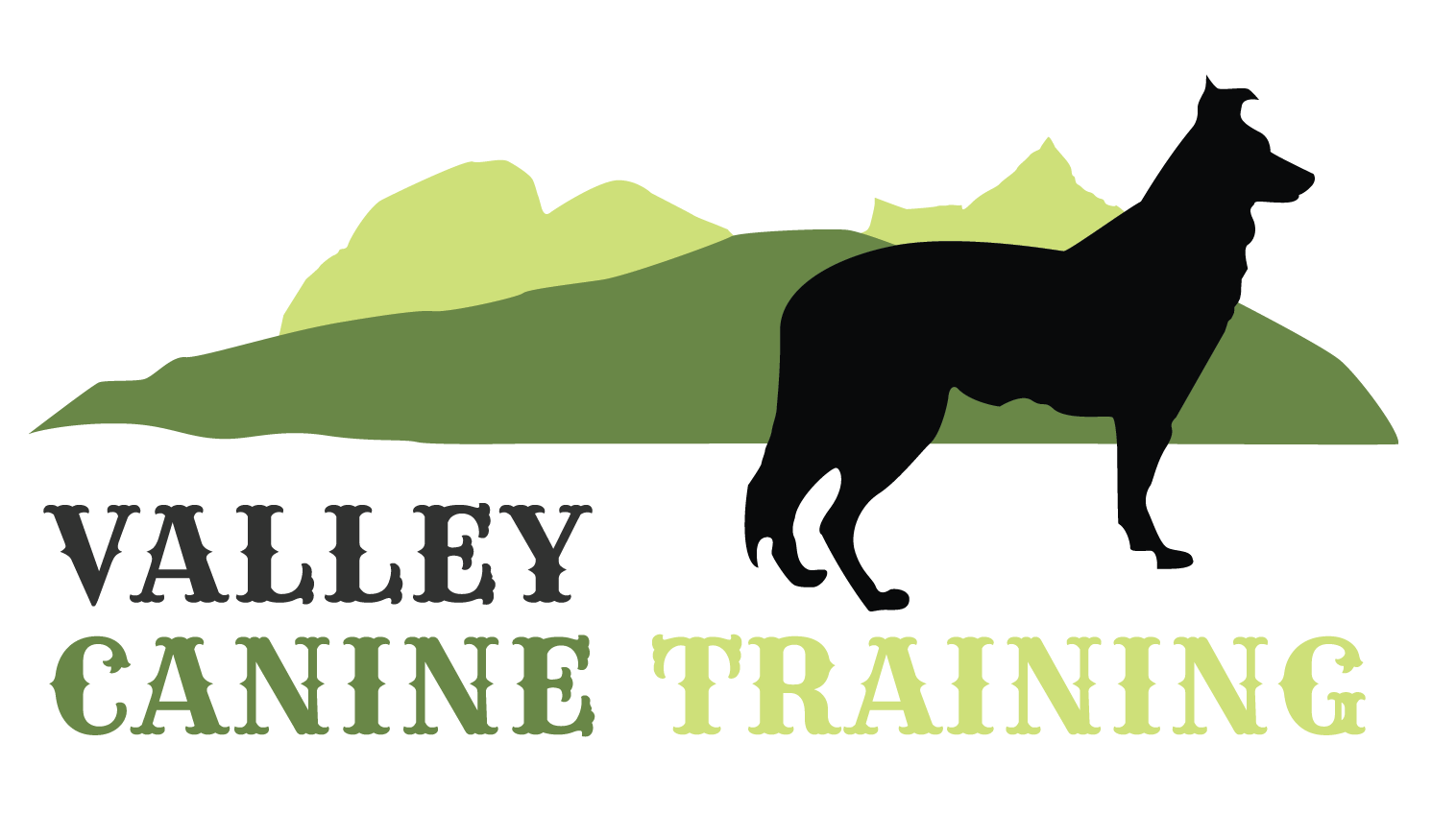-Victoria Regan Certified Master Trainer

In the enchanting journey of extending your family to include a beloved canine companion, there are crucial facets to ponder, each contributing to the foundation of a harmonious and fulfilling life with your new four-legged friend. As we embark on this insightful expedition, let’s delve deeper into the four vital insights that serve as guiding stars in your quest for the perfect canine companion.
1. Breeder Vs. Backyard Breeder Vs. Rescue/SPCA:
The origin of your canine companion carries profound implications for their health and well-being. Responsible breeding practices play a pivotal role in mitigating health issues such as knee and hip dysplasia, cancer, and genetic diseases. Opting for a dog from a reputable, registered Canadian Kennel Club (CKC) breeder offers the assurance of a clean bill of health and a lineage of robust dogs. While the upfront costs may be higher, the long-term savings in vet bills are substantial.
- Registered CKC Breeders: These dedicated breeders adhere to stringent health standards and subject their dogs to regular vet checkups, reducing the risk of genetic health issues. The CKC offers valuable resources for finding a reputable breeder, ensuring you make a well-informed choice. Further insights can be explored at CKC’s Breeder Resources and Puppy List.
- Backyard Breeders: In contrast, unregistered and unregulated breeders cannot guarantee the purity or health of their puppies. Puppies from such sources often face serious health complications, causing heartache and financial burden.
- Rescues/SPCA: These noble organizations are dedicated to rehoming dogs, with many offering loving and loyal pets. However, it’s essential to be prepared for potential behavioral challenges that may require training to ensure a harmonious relationship.
2. Lifestyle Vs. Breed:
While your choice of a canine companion is deeply personal, it must align with your lifestyle, respecting the dog’s needs and nature. Compatibility between your daily routine and the dog’s energy levels, temperament, and size is fundamental.
- Activity Level: If you lead an active lifestyle and envision your dog as your running partner, it’s crucial to choose a breed that can keep up with your physical demands. Consider breeds that thrive in an active environment while avoiding low-energy breeds like basset hounds.
- Work-Life Balance: For those with demanding work schedules and long hours away from home, certain breeds, such as Huskies or Australian Shepherds, may not be an ideal match. Explore breeds that adapt well to your absence and are less demanding in terms of exercise.
- Living Space: Apartment dwellers must select breeds that excel in smaller spaces, require less exercise, and are generally quieter. Smaller breeds or those with lower exercise needs are often more suitable.
3. Budget & Cost:
The nurturing of a dog goes beyond showering them with love and affection; it carries financial responsibilities that are essential for their health and happiness. Planning your budget comprehensively is critical to ensure your new family member receives the care and attention they deserve while preventing the overcrowding of shelters.
- Initial Expenses: Anticipate the upfront costs, including the price of the dog, spaying or neutering, pet insurance, food, vaccinations, bedding, toys, leash, collar, and essential training.
- Ongoing Costs: Remember that the expenses continue throughout your dog’s life, encompassing food and veterinary care. Large breeds, in particular, may require high-quality and sometimes more expensive food.
- Training: Invest in professional dog training as a proactive measure to foster a strong foundation of good behavior. Proper training establishes a positive relationship between you and your dog and ensures a harmonious life together. The costs of training programs vary but are a long-term investment in the well-being of both you and your dog.
4. Pet Insurance:
Pet insurance is a crucial safeguard against unexpected health issues and emergencies. It offers peace of mind, helping to manage unforeseen medical expenses while ensuring that your dog receives the necessary care.
- Early Enrollment: Enrolling your dog in pet insurance as soon as you bring them home is a prudent choice to cover potential future health issues. Remember that pre-existing conditions are typically not covered, making early enrollment paramount.
- Coverage Assessment: Thoroughly examine the pet insurance options available to ensure they align with your dog’s specific needs. Some policies may not include coverage for conditions like dysplasia, so it’s imperative to review your coverage comprehensively.
Exploring reputed pet insurance providers such as Trupanion and consulting resources from CKC can offer valuable insights into securing your dog’s well-being.
By carefully considering these four pivotal aspects, you embark on a journey to ensure the well-being of your future furry family member and foster a harmonious, enduring bond. Your conscientious approach to choosing a canine companion will not only enrich your life but also guarantee a future filled with shared love, joy, and companionship. Enjoy the transformative chapters that await as you embark on this extraordinary journey, paving the way for a truly remarkable life with your new furry friend.
